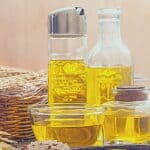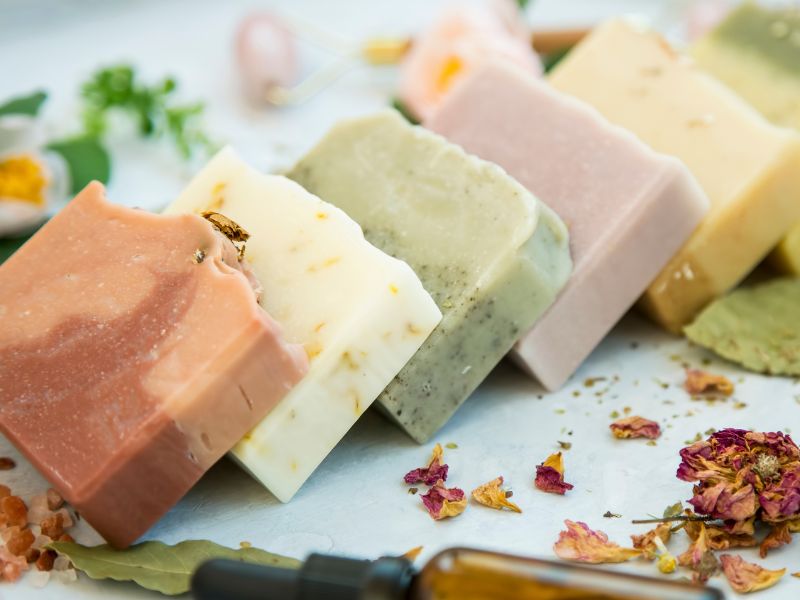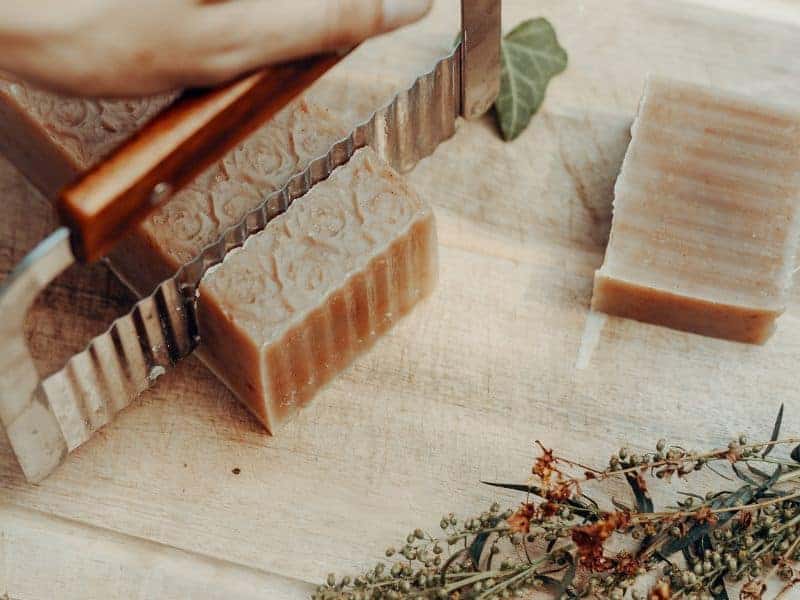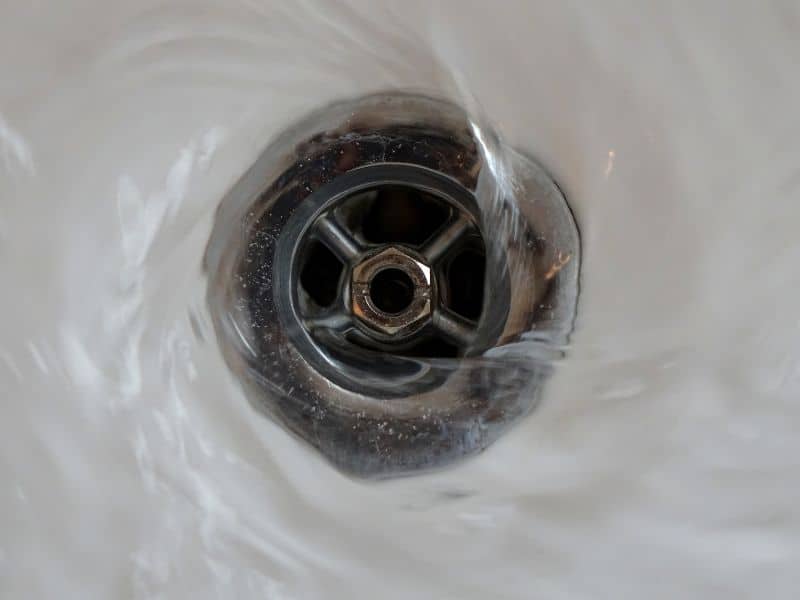Are you looking for a natural ingredient to add to your homemade soap recipes? Castor oil may be a perfect choice! This versatile and affordable oil has been used in soap-making for centuries. In this blog post, we’ll explore why castor oil is so great for soap making and how you can use it.
Yes! Castor oil is a great choice for soap making. It adds a rich, creamy lather to soap bars and helps to soften and moisturize the skin. It also has natural antibacterial properties which can help clean bacteria from the skin.
Castor oil has a unique fatty acid composition that gives it special properties when used in soap. It helps to create a gentle, creamy lather that is great for moisturizing and nourishing the skin. It also helps to increase the longevity of your soap bars and makes them last longer.
Where Does Castor Oil Come From?
Castor oil is a commonly used ingredient in cosmetics, appearing in creams and a moisturizer. It is also added to cold-process soap in small quantities to improve lathering. In addition, castor oil has been utilized to boost hair conditioning in various products and is believed to have anti-dandruff benefits.
Castor oil is made from castor beans, which come from the castor plant. This plant can be found in tropical climates including parts of Africa, India, and South America. The castor beans are crushed to extract the oil.
Benefits of Castor Oil in Soap Making
Using castor oil in your soap recipes can provide a number of benefits.
- Creamy and luxurious lather.
- Moisturize and nourish the skin.
- Contains natural antibacterial properties.
- Helps to create a hard, long-lasting bar of soap.
Castor oil is a great choice for soap making and has a variety of benefits as you can see. It also must be mentioned that castor oil comes with some benefits that very few other soaps can provide. This is why it is so highly sought after and used in the world of homemade soap-making.
Now the important part is finding a quality and affordable supplier for your castor oil needs.
Where to Get Castor Oil For Soap Making
When searching for castor oil, it’s important to make sure you find a high-quality supplier. Look for suppliers that provide 100% pure castor oil with no additives or filler oils. The castor oil should also be cold-pressed and hexane free.
- Soap-making supply wholesalers
- Hobby supply stores
- Amazon
- Big box stores
- Manufacturer wholesale
The supplier that you use will depend on how far you are into your soap-making journey. If you are just starting out you might opt for Amazon or a hobby supply store. However, if you are running a business you will likely be working with a soap-making supply wholesaler. If you are running a large business you might order directly from the manufacturer.
How Much Castor Oil Do You Use In Soap?
When using castor oil in soap, it’s important to use the correct amount. In general, castor oil should make up about 2-8% of the total oils used in the recipe. This can be adjusted according to the type of soap you are making and its desired properties.
If you are changing an established recipe make sure to run your ratios through a soap-making calculator to check out how it may go.
Ultimately it will take some trial and error to figure out what you need to do and what the best option could be when choosing oil percentages and ratios.
Castor Oil Soap Making Hints
The production of soap involves combining fatty acids, lye, and water. NaOH or sodium hydroxide is the preferred lye for cold-process soaps and other soap types. Castor oil, which consists of three main different acids, in addition, to some lower percentage ones, is used as a fatty acid in soap making.
It is advised to use 2% to 8% castor oil in cold or hot process soap recipes, as amounts above 10% can make the soap difficult to use and overwhelming.
To saponify 1 gram of castor oil in cold process soap, you need to add between 0.128 and 0.180 milligrams of NaOH.
Fatty acids in castor oil:
- Stearic acid 0.5-1%
- α-Linolenic acid – 0.5-1%
- Oleic – 2-6%
- Linoleic – 1-5%
- Ricinoleic – 85-90%
Does Castor Oil Expire or Go Bad?
Castor oil does not expire and will stay good for a number of years as long as you store it in a cool, dry place. Castor oil can become cloudy over time but this doesn’t mean that the castor oil has gone bad.
This simply means that some of its components have separated out due to temperature fluctuations.
Once out of storage and when the container has been opened castor oil tends to last for only about one year.
Castor Oil Substitutes and Alternatives
Castor oil is distinct for its high concentration of ricinoleic acid, making it incomparable and irreplaceable in that regard. However, you can use some alternative oils to help generate the same lather and moisturizing properties.
- Olive oil
- Coconut oil
Castor oil is considered by many to be one of the most important oils for soap making. However, it can be replaced without seeing a huge drop in quality. Just make sure to check with a soap-making calculator to see how your new or updated recipe will shake out.
Frequently Asked Questions
Yes, castor oil is an excellent choice when it comes to soap making. It helps create a creamy and luxurious lather while providing moisturizing and nourishing benefits to the skin.
When using castor oil in your soap, it should make up about 2-5% of the total oils used in the recipe. This can be adjusted according to the type of soap you are making and its desired properties.
Castor oil can be replaced with other oils such as olive or coconut oil. However, castor oil is distinct for its high concentration of ricinoleic acid which makes it incomparable and irreplaceable in that regard.
Castor oil has a mild, nutty scent. It is not as strong or pungent as some other oils used in soap making such as coconut and palm oil.
The main drawback of castor oil in soap is its cost. Castor oil tends to be more expensive than other oils used in soap making such as olive and coconut oil. It is also not as widely available as other oils, so it can be tricky to find a good supplier for castor oil.
Conclusion
Castor oil is an excellent choice for soap-making due to its moisturizing and nourishing benefits. It should make up about 2-5% of the total oils used in the recipe, depending on what type of soap you are making.
If castor oil is too expensive or hard to find, other oils such as olive or coconut can be substituted. Before making any major changes to your recipe, make sure to run it through a soap-making calculator for the best results.






